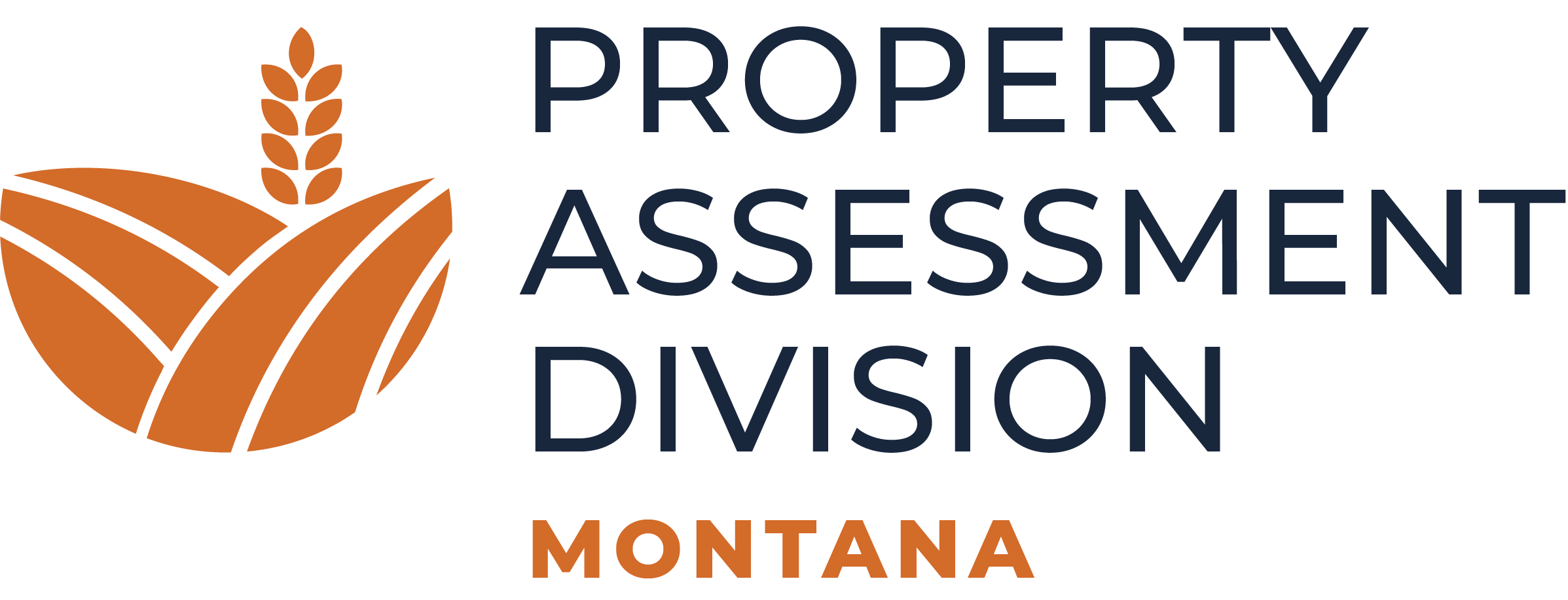Informal Review Process
Step 1: Review Your Property Information
Visit Property.MT.Gov to view your property details including:
- Square footage
- Number of bedrooms
- Number of bathrooms
Step 2: Get Assistance from Local Staff
Contact your local field office to talk to an appraiser. Our team will address your concerns and clarify any misunderstandings.
- No additional concerns? Your local county treasurer’s office will calculate your property tax bill using the values in your classification and appraisal notice.
- Questions about your notice? Visit our Understanding Your Property Classification and Appraisal Notice page for more information.
Time-Sensitive Deadlines
For 2023 Appraisal Notices (First Year of 2023–2024 Valuation Cycle):
- Deadline to submit a Request for Informal Classification and Appraisal Review (Form AB-26): June 1, 2024
- Adjustments apply to Tax Year 2024.
- If you miss this deadline, your next opportunity to request a review will be in 2025.
For 2024 Appraisal Notices (Second Year of 2023–2024 Valuation Cycle):
- Deadline to submit a Request for Informal Classification and Appraisal Review (Form AB-26): Within 30 days from the date on your notice.
- submit within 30 days from the date on your classification and appraisal notice.
- The department will review your request for informal review and if we determine any valuation adjustments are warranted, the adjustments will apply to Tax Year 2024.
- If you miss the 30-day deadline, your next opportunity to submit a request for informal review will be in 2025
Step 3: Request an Informal Review
Before filling out your Request for Informal Classification and Appraisal Review (Form AB-26), be sure to have the following information easily available:
- Your classification and appraisal notice, showing your:
- Assessment Code
- Geocode
- Current Assessed Value
- If you are requesting a valuation change not related to physical characteristic changes, submit any of the following documents you have available:
- Your own estimate of the subject property’s market value as of January 1, 2022. This is the valuation date for the 2023-2024 valuation cycle.
- The purchase price of subject property within six months of the January 1, 2022, valuation date; copy of executed buy/sell agreement.
- A fee appraisal within six months of the January 1, 2022, valuation date.
- Comparable property sales or listings within six months of the January 1, 2022, valuation date.
- Builder’s cost breakdown worksheet for building remodels or construction.
- Detailed information on income and expenses for income producing commercial or industrial property.
Formal Appeals
You can choose to appeal the classification or assessment values shown on your notice directly to your local county tax appeal board (CTAB) rather than using our informal review process. If you choose to appeal directly to the CTAB, you must submit your appeal to your county clerk and recorder within 30 days from the date on your classification and appraisal notice.
If you disagree with the department’s decision after the informal review process, you may appeal our decision with a county tax appeal board (CTAB) in the county where the property is located.
County Tax Appeal Board
The County Tax Appeal Board (CTAB) is an independent board appointed by the county commissioners and not connected to the Department of Revenue. You can learn more about the CTAB process on the Montana Tax Appeal Board’s Appeal Process page.
Montana Tax Appeal Board
The Montana Tax Appeal Board (MTAB) is an administrative board tasked with providing an independent and neutral review of the Department of Revenue’s property valuation. Board members are appointed by the governor.
MTAB decisions are final unless you pursue district court action.
You can learn more about MTAB and the appeals process on the Montana Tax Appeal Board website.
Court of Appeal
To appeal decisions made by the Montana Tax Appeal Board, you need to file with a district court.
Payment of Taxes Under Protest
In order for a protest of property taxes to be valid, a taxpayer must have done one or more of the following:
- filed a Request for Informal Classification and Appraisal Review (Form AB-26) with the Department of Revenue
- filed a Property Tax Appeal Form with the County Tax Appeal Board
- filed a Property Tax Appeal Form with the State Tax Appeal Board
- filed an appeal with the District Court
Montana law, 15-1-402, MCA, requires property owners to file a written protest with the county treasurer and pay the disputed property taxes under protest by the tax payment due date.
Property taxes must be paid before they become delinquent and a written protest is required in order for taxpayers to be eligible to receive any refund and accrued interest if a valuation adjustment is made to their property assessment.
Contact the county treasurer for more information on how to file a written protest of property taxes.


